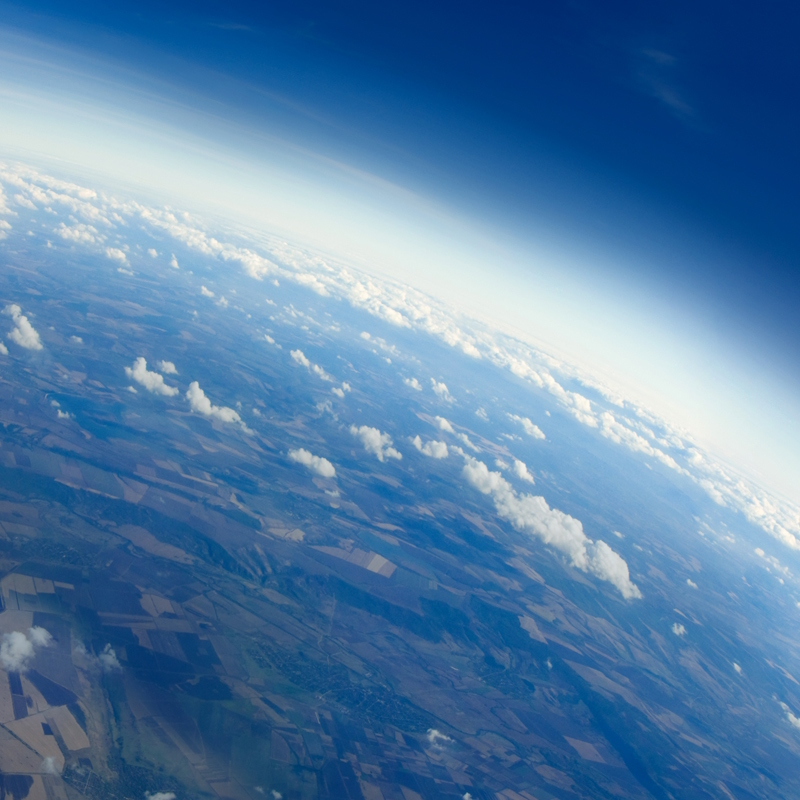The Royal Society's annual Scientists Meet the Media party aims to encourage networking between Fellows, Research Fellows and journalists.

On 11 February 2016 the Royal Society hosted its Scientists Meet the Media party. This annual event aims to encourage networking between Fellows, Research Fellows and journalists. In his opening address, the Royal Society’s new president, Sir Venki Ramakrishnan, pointed to the media’s key role in informing and inspiring the public about scientific issues. Few would doubt the benefits of a scientifically-engaged society, but can closer links between journalists and scientists be of more immediate benefit to individual researchers?
To inform, to educate, to inspire
In order to demonstrate the media’s critical role in inspiring the next generation of scientists: (1) get a group of researchers together, (2) give them a drink, and (3) ask them what first got them interested in science. The science TV programmes cited as inspiration may change but the central role played by the media is clear (The selections also act as a handy guide to determining the approximate age of the scientists in question, with ‘Tomorrow’s World’ a common pick amongst the current crop of Royal Society Research Fellows). Similarly, much though I may like to think that my daughter’s assertion that she “loves science, and doing experiments” is down to having a scientist for a mother, it’s probably more realistic to ascribe her enthusiasm to Nina and the Neurons (http://www.bbc.co.uk/cbeebies/shows/nina-and-the-neurons).
Science communication is no longer a fringe activity. Scientists are increasingly encouraged by funders and universities to work with the media to communicate their findings beyond academic circles. This is likely due in part by the drive to demonstrate the ‘impact’ of scientific discoveries (this is a major part of the way that university research is assessed) but this is not the whole story. Social media has made it much easier for scientists and journalists to ‘find’ one-another. The rise of online journalism means that there are more and more opportunities for scientists to contribute. Many of these opportunities allow scientists to get involved on a relatively ad hoc basis. This means that they can dip their toes in the water of science communication when they have something to say and can easily fit it around their research.
Learning to communicate
There is a wealth of science communication and media training opportunities available for researchers at all career stages. I was fortunate to undertake a three-month secondment in the BBC’s Science Media Unit, funded by the Royal Society. This provided me with a fantastic insight into the process of producing scientific programmes. It also gave me an appreciation for the difficulties of communicating complex scientific content in an engaging manner. Pitching programme ideas showed me how difficult it is to develop a coherent narrative and find sufficient content to fill an hour of television.
I saw first-hand the passion and enthusiasm that the media professionals I encountered had for science, as well as their commitment to communicating research findings as accurately as possible. I also learnt that the BBC Science Media Unit team are keen to get feedback and ideas from scientists. I would urge any researcher wondering “Why don’t we see more of [insert pet subject here] on television?” to contact the science team with your ideas – they will be welcomed.
What’s in it for me?
Topical and accurate science communication relies on researchers giving their time to work with journalists. But scientists can learn much from journalists too. Even with my limited media experience I have already seen tangible benefits to my research.
Science journalists are experts in communicating complex concepts successfully. The ability to disseminate research findings and ideas is a major component of success in science. However, most of us are largely self-taught and can pick up useful tips from working alongside our media colleagues. The hallmarks of good journalism are clarity and brevity. These skills are equally valuable in academic writing and presentations but are often lacking. (No-one ever read a research paper and thought “That was fascinating, but it could have done with being longer and more confusing”). The ability to communicate complex ideas clearly and succinctly, without detracting from the contents, is a skill that every scientist should strive to improve and one that we can learn from our colleagues in the media.
One of things I enjoyed most during my BBC secondment was the opportunity to take the time to read about developments in all areas of science, rather than focussing on my own discipline. When I am focussed on a specific question it is easy to lose sight of the bigger picture. Communicating research to a mainstream audience almost always forces you to take a step back and consider the significance of individual findings in a wider context. This fresh perspective can be transformative. Several of my most fruitful projects have involved working with experts from other research areas at the interface between our disciplines. These ideas were generated directly as the result of considering the significance of my discoveries from a broader perspective.
As publicly-funded scientists we have an obligation to tell the public how we spend their money and to listen to their opinions and concerns. Collaborating with experts in the media is a highly-effective way of achieving this. I have found working with science journalists to be of mutual benefit and have learnt a huge amount along the way. Perhaps most importantly, interacting with the media is fun. There are few things most scientists love more than talking about their research and science journalists are an inherently interested audience. Talking about my work with non-scientists reminds me how privileged I am to do research for a living and acts as a useful reminder of this when I lose perspective amongst the day-to-day stresses of academia.
